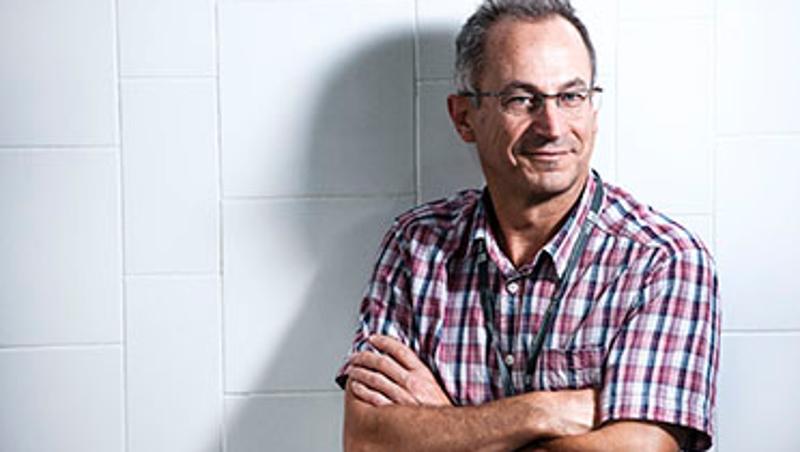
Australia is missing out on the benefits to patients of a national program to monitor HAI (healthcare-associated infection) rates which are largely preventable infections people acquire while in hospital or other healthcare facility, QUT health PhD researcher Philip Russo says.
Mr Russo's research, published in the Australian Health Review, said Australia was one of the few developed countries without a national HAI (healthcare-associated infection) surveillance program that in other countries had been shown to help reduce such infections.
"National HAI surveillance programs are associated with reduction in these preventable infections because they help pinpoint problems in hospitals or local areas where infection prevention is poor such as inappropriate antibiotics before surgery," Mr Russo, from QUT's Institute of Health and Biomedical Innovation, said.
"A national program would provide benchmarks for hospitals and shine a light on effective practices that other hospitals could implement. The key to a good surveillance program is to use the data to drive improvements.
"My review of national HAI surveillance programs found the Netherlands and Denmark had a 24-57 per cent decrease in infections of surgical wounds after a national HAI monitoring program was introduced and in France there was a 30 per cent reduction in the first three years of the program's introduction," Mr Russo said.
"In the US, which has the longest running national program, there have been decreases in urinary, respiratory and bloodstream infections in intensive care units. Reductions in bloodstream infection rates varied from 31-44 per cent."
Mr Russo said the best national estimate we had of HAIs was 175,000 annually but that figure was arrived at a long time ago. He said HAIs that affect patients after operations such as hip replacements could add a year or more of treatment and some may even lead to death.
"These infections can cause long term complications, are expensive to treat and obviously very distressing for patients.
"It's difficult to identify a single point when infection occurred - it could be one of or a combination of many factors such as poor surgical technique, inappropriate antibiotic prevention, badly inserted drips or improperly maintained drips," he said
He said Australia had begun to measure the national rate of Staphylococcus aureus bloodstream infections only about 18 months ago.
"Data on this infection is easier to collect because much of the data comes from the labs and it could act as a proxy for how well a hospital is implementing infection prevention," Mr Russo said.
"We know that somewhere out there are hospitals doing excellent infection prevention but without a national surveillance program, we are not able to find them and identify what they are doing to keep HAI rates down that could be copied by other hospitals.
"If we could do nationwide surveillance of HAIs it would improve our understanding of the epidemiology of HAIs in Australia, and the differences between populations.
"If we had that sort of detailed data we could identify problem areas requiring more infection prevention resources. If we could identify the country's leading hospitals they could act as role models and through research inform policy on state and national infection prevention.
"Ultimately patients would receive better quality healthcare thanks to national figures providing a basis for local research into improving safety in individual hospitals."
Mr Russo said the ideal nationwide surveillance program would include a uniform integrated, electronic process that would lessen the data collection burden on staff and help eliminate error in classification.
Mr Russo is a member of the QUT Institute of Health and Biomedical Innovation's Centre of Research Excellence in Reducing Healthcare Associated Infections which is funded by the NHMRC.
Media contact: Niki Widdowson, QUT media, 07 3138 2999 or n.widdowson@qut.edu.au.


